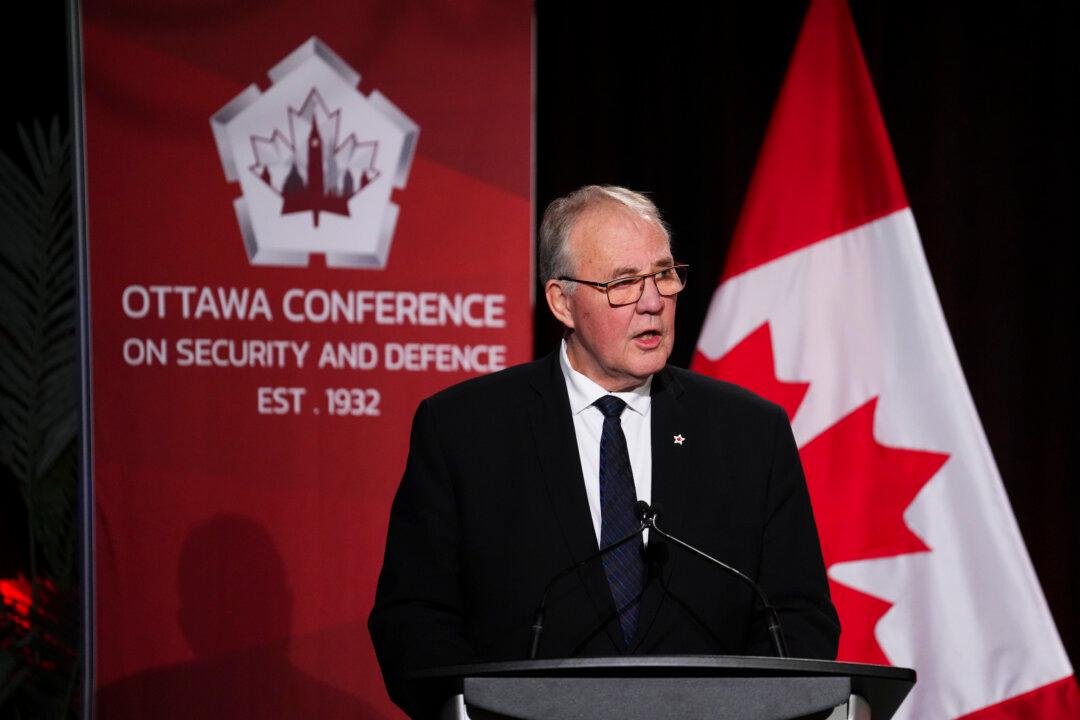National Defence Minister Bill Blair has said that the decision to send a Canadian ship to Cuba to dock alongside a Russian fleet was a “carefully” planned move to increase Canada’s presence in the region.
“The Canadian ship visited Havana to demonstrate Canada’s presence, naval capability, and commitment to safe and open waters in the Americas,” reads a statement from Mr. Blair provided by the Department of Defence (DND) on June 16.





